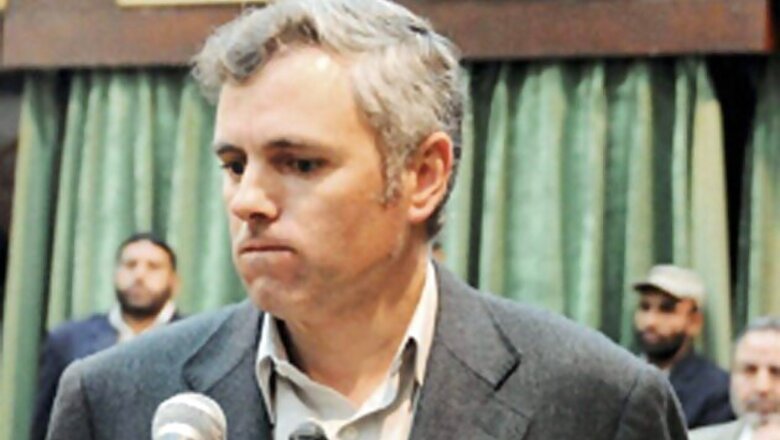
views
Jammu and Kashmir Chief Minister Omar Abdullah has said no Prime Minister can revoke Article 370 of the Constitution granting special status to the state "without calling into question" its accession to India.
Dismissing a question on whether he was worried at the prospect of BJP's Narendra Modi becoming the Prime Minister, Omar said, "it does not matter whether he is the Prime Minister or the President or (holds) any other position. "Constitutionally, he cannot revoke Article 370 without calling into question the accession of J~~amp;amp;K to India.
Now as Prime Minister of India, if he wants to rewrite accession to India, he is welcome to it. But I do not think any Prime Minister would be as foolhardy as that," he said. Omar was answering questions a media organisations' programme during which he more then held his ground in the face of tough questioning by its well-known anchor Stephen Sackur who focused on the insurgency, role of the armed forces and the State's accession to India.
The Chief Minister was asked about Modi's suggestion for a debate on Article 370 to which he had responded by offering to do that debate with the BJP leader "at any time, any place". He said Modi had not responded to this himself but "one of his minions gave a statement that he is too busy to discuss Article 370 and, to make it worse, he is far too more important to discuss it with somebody like you (Omar)".
Sackur remarked that he would be "extraordinarily worried" because Modi could be the next Prime Minister if opinion polls were to be believed because the BJP leader favours doing away with J~~amp;amp;K's special status. "I am not worried," Omar told him.
"Oh ya absolutely", he responded firmly when asked if he accepted that J and K was "permanently, fully an integrated part of India". It was a different matter that he had complaints, he said, adding, "I believe that the terms under which J and K acceded to India, the amount of power we ceded to the Centre, that is something that is open for discussion but not the accession as it took place".
Refusing to get into the issue of the number of Indian security personnel in the state, Omar told the interviewer that the 6 lakh or 7 lakh number "that gets thrown around more often than not from Pakistan, is incorrect".
On the controversial AFSPA, the Chief Minister said that the army required legal sanction for internal security duties but there was a difference between that and "a sort of carte blanche that is being offered by the AFSPA". He disagreed with Amnesty International's view that there had been "systematic" human rights violations in the state. He accepted that in the course of 25 years of insurgency there had been incidents of human rights violations but these were not systematic.
Asked about his "promise" of setting up a Truth and Reconciliation Commission (TRC), Omar said he had never committed to that but had floated the idea when he was in the opposition. In his view setting up of such a commission had to come from governments of India and Pakistan as a confidence building measure for the people of the state.
"The answers that are required are required from both sides of the LoC. The problem is that we often want to hold the Indian side responsible for what has happened. We dont want to ask questions to the other side of the LoC. I am all for a TRC," he said. Asked if the state was "like one of the most dangerous places in the world", Omar replied, "no, certainly not.
Not from an internal perspective, not from an external perspective". He did not see the danger of "militants coming into Kashmir in a big way" after the US completely withdraws from Afghanistan this year. When the interviewer referred to the Al Qaeda leader Ayman Al Zawahri's call for a new jihad in Kashmir, Omar told him, "I don't see that happening from all the intelligence that is available to me" but there was need to be more cautious.
Asked if he was suggesting that military sources were exaggerating the threat, the Chief Minister responded with "in part, yes" before going on to say that the argument of 2014 had largely been used so that AFSPA can remain as it is. To a question about proof of Pakistani support for militancy in the state, he said that there were militant training camps, launch pads near the LoC and actual footage showing militants being facilitated across the border.
Asked about a possible deal on J and K talked about during the regime of Gen Pervez Musharraf in Pakistan, Omar said that a great opportunity had been lost with the General. But if the current Nawaz Sharif government accepted Musharraf's four point programme "we would be much closer to a solution".
Sharif was talking about trade and bilateral relations but "not one word about Kashmir that is any different from their previous stated position". He had seen no evidence of Pakistan's good faith in negotiating a permanent settlement. The interviewer reminded Omar about his remark at a funeral of a protester when he had asked, "is this why we are holding the flag of this country so that again and again I have to answer for every bullet".
"Yes, but that does not mean that I am advocating a solution outside the Constitution. What I was asking for was accountability from the security forces."














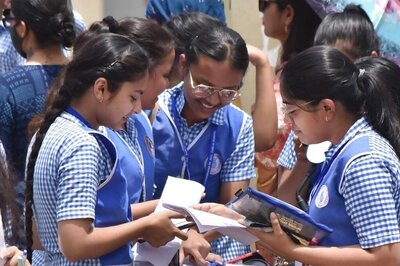
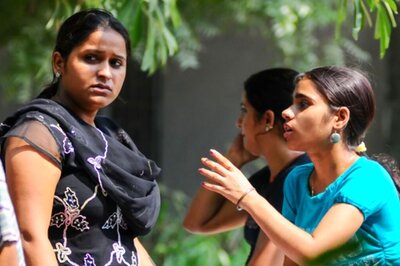
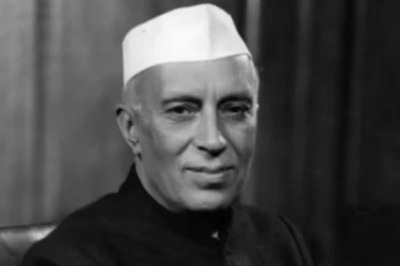


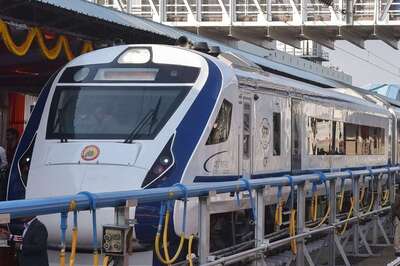
Comments
0 comment